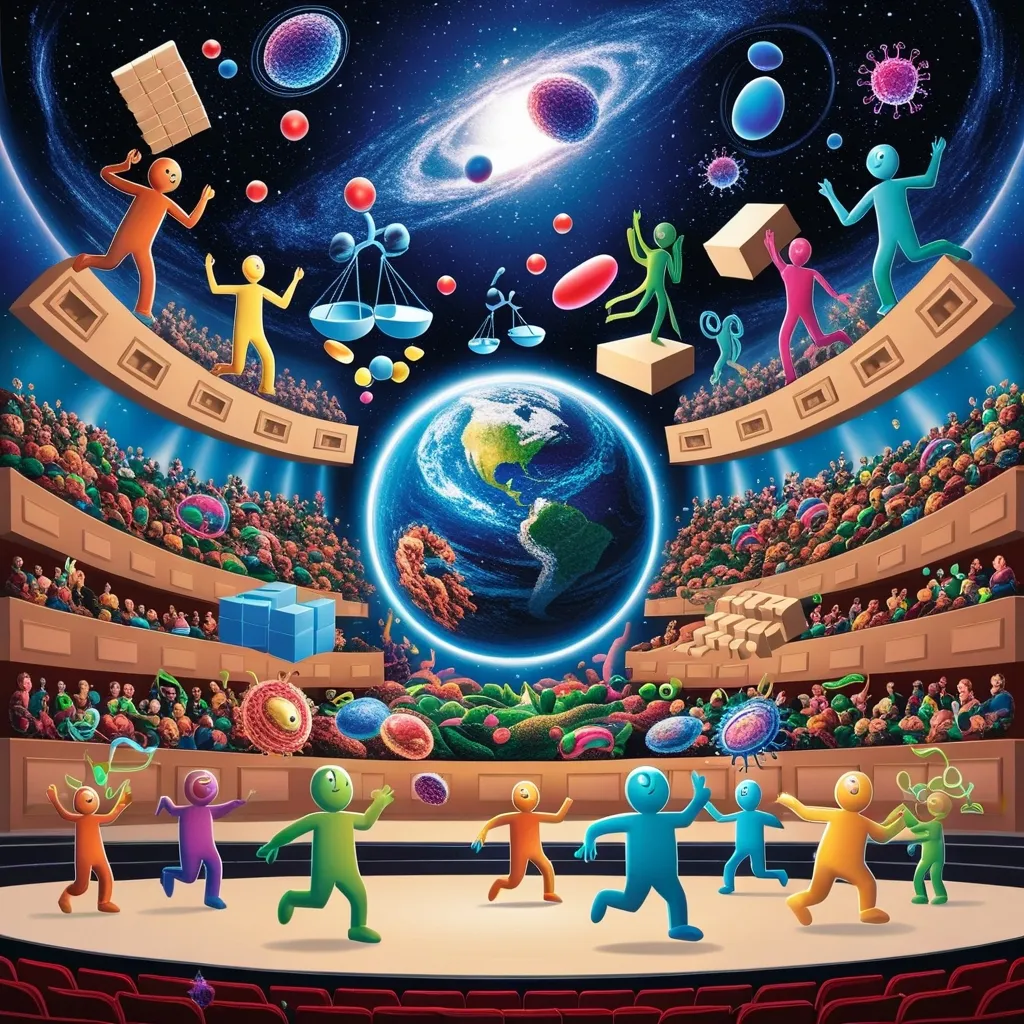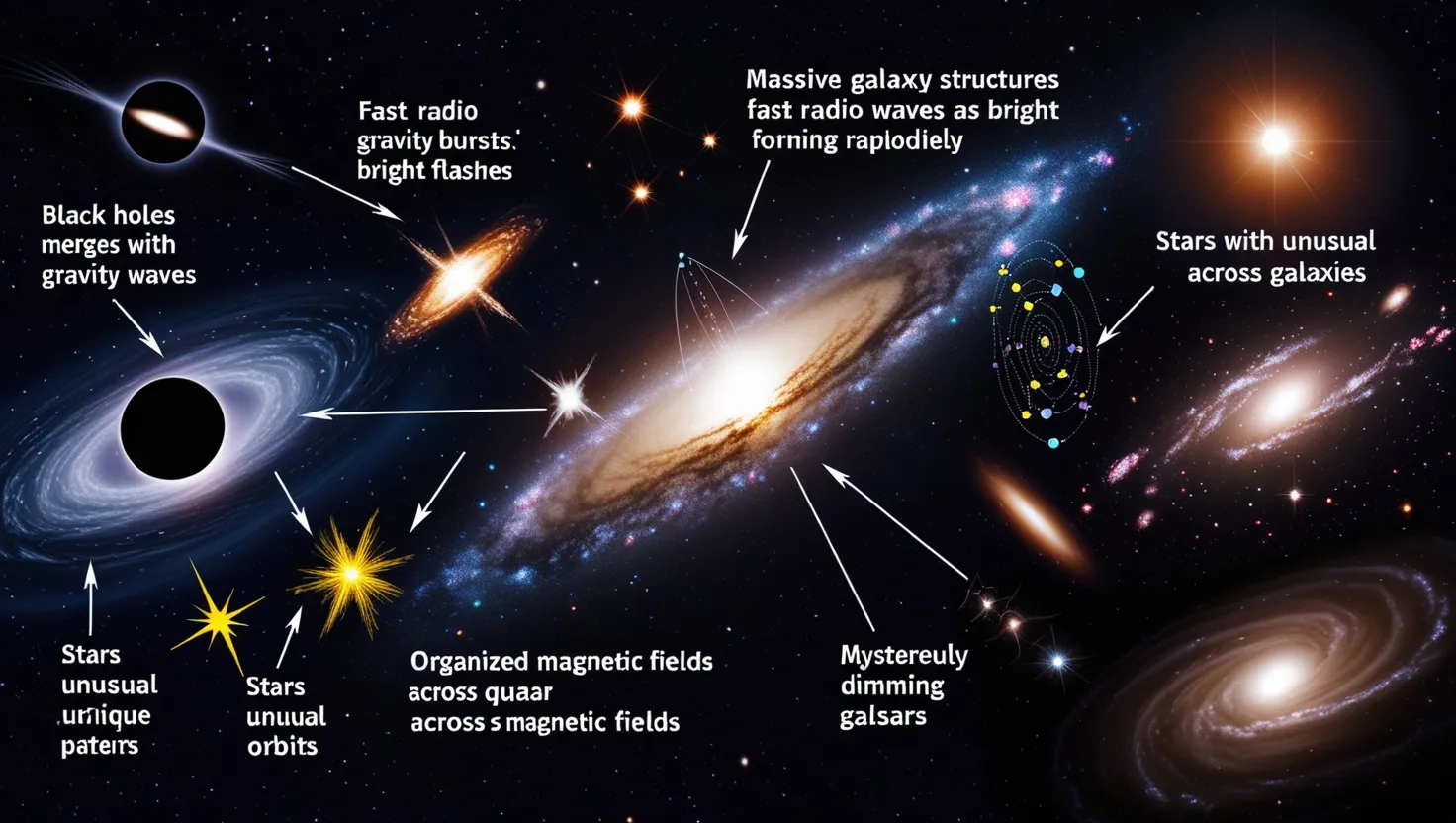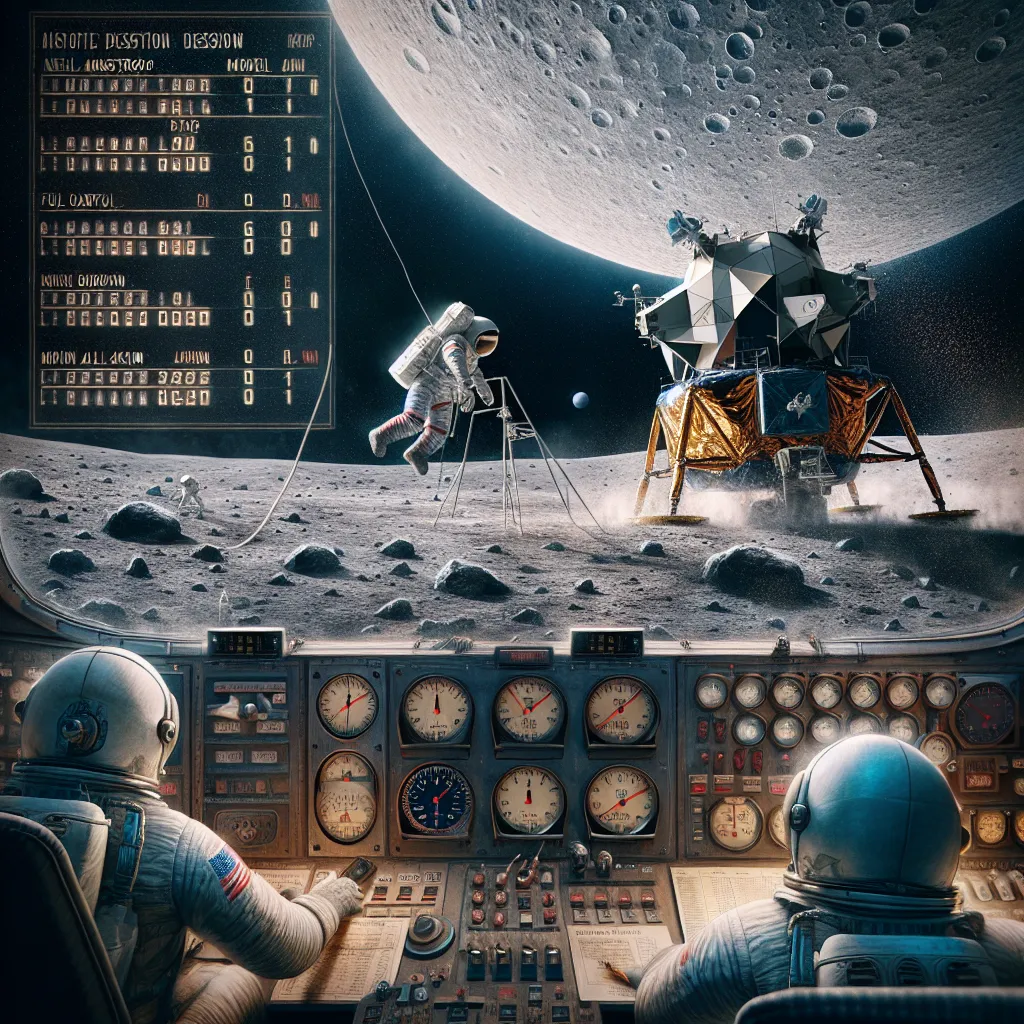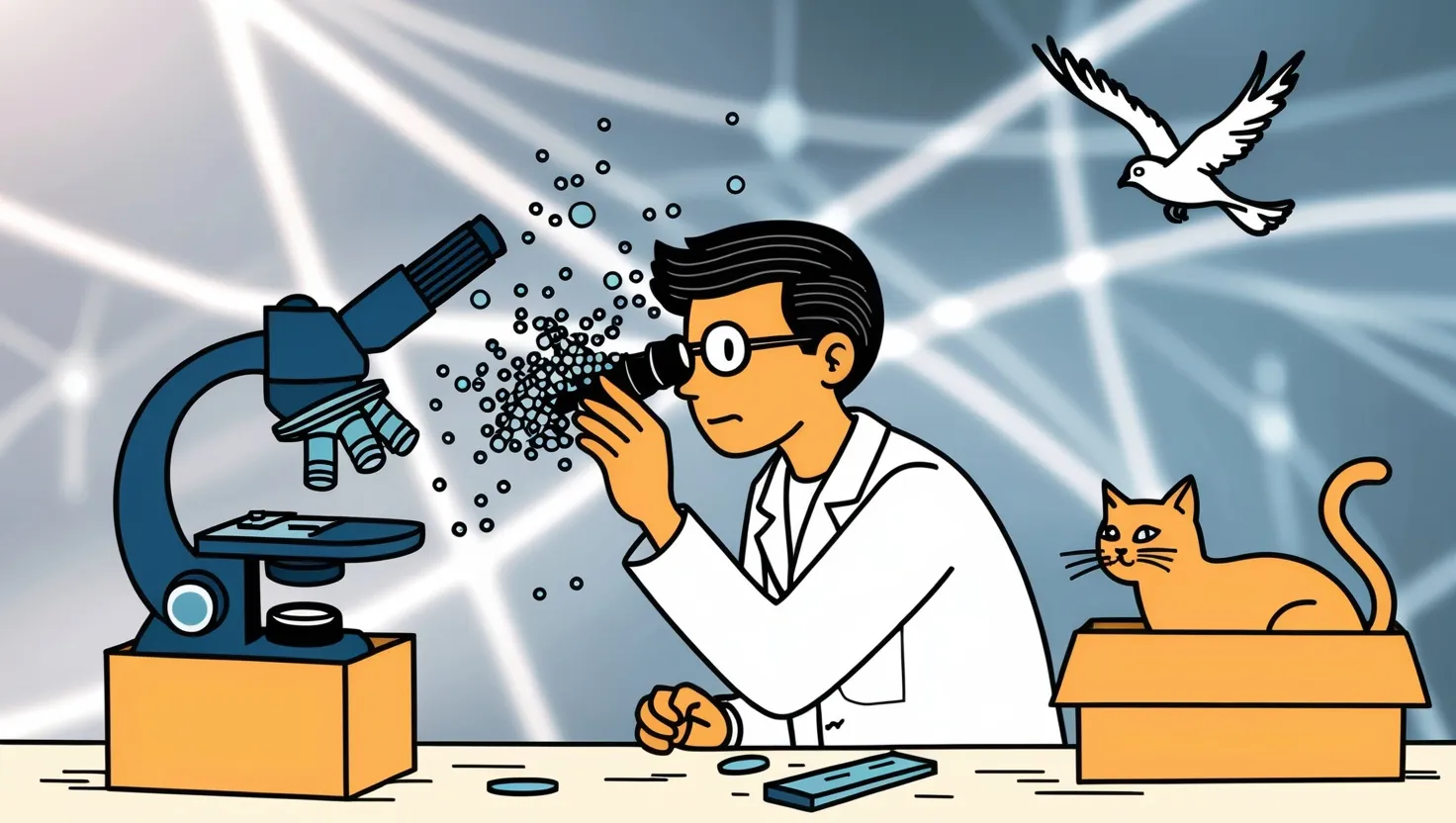Life - what a mysterious puzzle! Despite all our advancements, defining it has been like trying to catch a cloud in your hands. We know what living things do, but not quite what makes them tick. There’s a famous list of characteristics like homeostasis, organization, metabolism, growth, adaptation, response to stimuli, and reproduction, which sort of act like life’s resume. Yet, they’re not a one-size-fits-all solution, as cases like viruses leave us scratching our heads. They replicate and cause chaos, but do they really live? This gray area makes the whole idea of life a heavyweight challenge for scientists and philosophers alike.
The attempt to pin down life isn’t exactly a new game. Ancient thinkers like Empedocles and Aristotle took their swings at it. Empedocles thought life was a mix of eternal elements, while Aristotle leaned toward the idea of souls inhabiting both form and matter. These early ideas set the stage for centuries of scientific exploration and debate, turning life’s definition into a historical treasure hunt through time.
Fast forward to today, and we’ve got scientists looking at life not just as a thing, but as a process. It’s dynamic, constantly transforming, and that makes it hard to bottle up into one neat definition. The stuff that makes up life, all those chemical elements, keep piling up, turning any list of life’s building blocks into a never-ending affair.
Now, speaking of life’s key markers, imagine them as characters in a grand play:
Homeostasis is the cool-headed actor, keeping everything steady, like our bodies sweat to cool down. Organization brings the crew together, with cells, those tiny life Lego blocks, shaping every scene. Metabolism is the ever-busy director, converting energy to make things happen, while Growth is the ambitious producer, always looking to scale things up. Adaptation is the cunning scriptwriter, tweaking every line for survival in the big, unpredictable play called life. And, of course, Response to Stimuli and Reproduction are the spontaneous performers, reacting to every twist and ensuring the show goes on, bringing on the next generation of characters.
But here comes the wildcard – viruses. They’re like the unscripted side characters in a drama series, creating confusion. They don’t fit neatly into life’s criteria, yet they somehow belong in the storyline. Host cells become their stages, making the boundary between living and non-living even blurrier, adding another layer of complexity to this ever-growing puzzle.
At the heart of every act in this play, cells stand out as the protagonists. These tiny heroes, alone or in groups, coordinate to create life’s most fascinating bits. Organelles inside them buzz around like busy bees, each doing their part. When cells gang up in multicellular beings, they get all fancy, taking up special roles, each adding flair to the show and enhancing life’s chemistry and richness.
The intrigue deepens with life’s sensitivity and its knack for responses. Organisms groove to a variety of stimuli, showing a rich tapestry of reactions, from plants turning toward the sunlight for a better tan to bacteria steering clear of trouble. Observing these moments is like catching glimpses of nature’s wonders, a scene that elegantly narrates the story of survival and evolution worldwide.
Ah, reproduction, that compelling urge we find in every form of life. It’s the chapter that keeps the storyline alive, the birth of new characters who carry forward the traits of their predecessors. Whether it’s a single-celled entrepreneur splitting into twins or the complex reproductive waltz of multicellular beings, the growth and development reveal the tale of genetic tapestries, the enduring legacy of traits passed down, ensuring the saga of life never halts.
This grand story of life isn’t just confined to Earth. The thrill of possible extraterrestrial life adds a sci-fi twist. Imagine stumbling upon life forms that don’t follow our terrestrial script, forcing a complete rewrite of our understanding. As scientists probe the universe’s secretive corners, we might be on the brink of a discovery that redefines the very essence of being alive, inspiring new chapters in our life anthology.
As for philosophical and scientific attempts to define life, the task resembles a quest for an elusive treasure. Theories abound, some elegant like “a self-sustaining chemical system capable of Darwinian evolution,” yet they slip through the fingers of certainty with their exceptions and peculiarities.
Perhaps life isn’t something to be strictly defined but appreciated like a masterpiece of evolving art. It’s the continuous journey of discovery that keeps this study fascinating, as scientists and philosophers tirelessly decode its mysteries, driven by an insatiable curiosity to unwind the intricate narrative of what it means to be alive. As each piece of the mystery reveals itself, it offers new insights, redefining life’s meaning and expanding our horizons in the vast universe of understanding.






